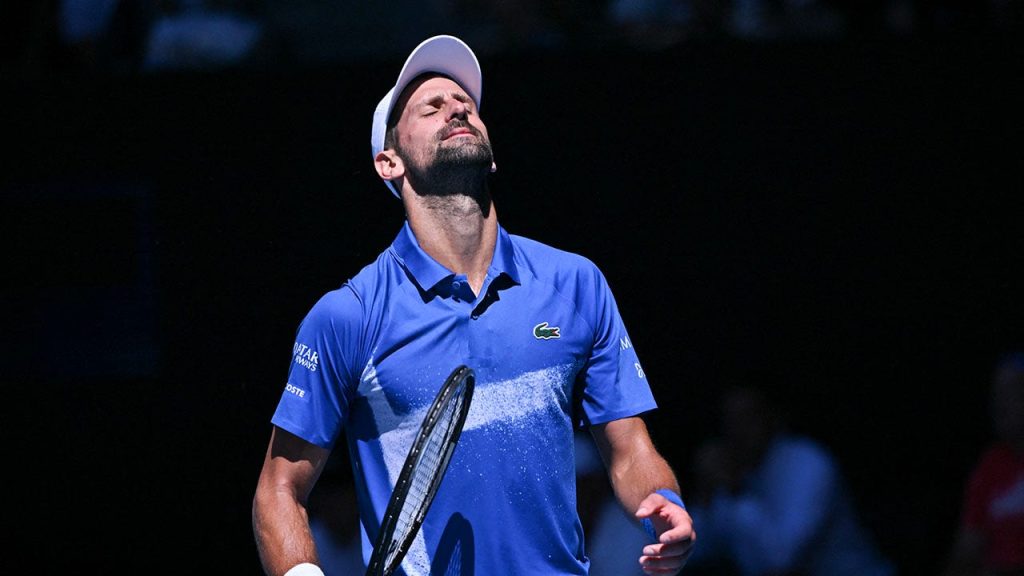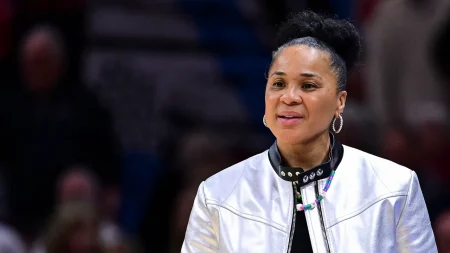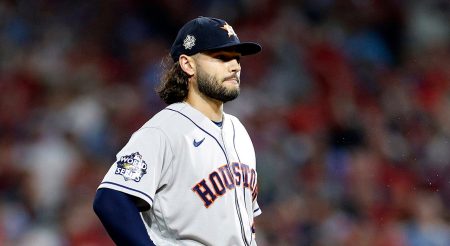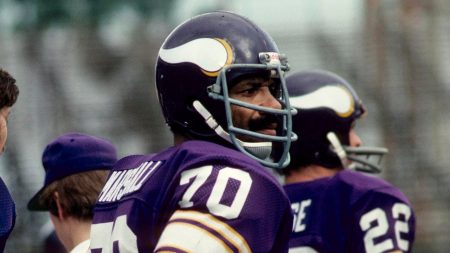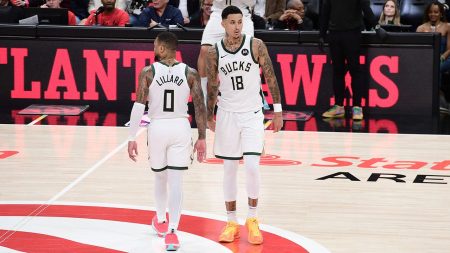The Australian Open semifinal clash between Novak Djokovic and Alexander Zverev took an unexpected turn when Djokovic, pursuing a record-extending 25th Grand Slam title, withdrew from the match after just one set due to a left leg muscle tear. The incident sparked controversy as the Melbourne crowd, seemingly disappointed by the abrupt end to the highly anticipated match, booed Djokovic as he exited the court. While some spectators may have expressed frustration over the truncated match and the perceived anticlimactic finish, the booing directed at an injured athlete ignited a debate about sportsmanship and respect for players.
Djokovic, a ten-time Australian Open champion and one of the most dominant figures in tennis history, had battled through a grueling five-set quarterfinal match against Carlos Alcaraz, where the initial injury occurred. He admitted that the pain had worsened progressively, making it impossible for him to continue playing at the required level. Despite winning the first set against Zverev, Djokovic recognized that the injury would severely hinder his performance and ultimately chose to prioritize his health, conceding the match and paving the way for Zverev’s advancement to the final.
Zverev, while acknowledging the fans’ disappointment, publicly criticized their behavior, urging them to show respect for Djokovic’s contributions to the sport. He emphasized Djokovic’s history of playing through injuries, including previous Australian Open triumphs despite abdominal and hamstring tears, highlighting that the Serbian’s withdrawal was a genuine consequence of his physical limitations rather than a lack of commitment. Zverev’s defense of Djokovic underscored the demanding nature of professional tennis and the toll it takes on players’ bodies.
Tennis legends like John McEnroe echoed Zverev’s sentiments, expressing dismay at the crowd’s reaction and reminding them of Djokovic’s remarkable achievements at the Australian Open. McEnroe emphasized the Serbian’s tenacity and resilience, drawing parallels with Rafael Nadal, another iconic player known for pushing through pain barriers. He condemned the booing as “ludicrous,” considering Djokovic’s history of battling through adversity and his undeniable contributions to the sport.
Djokovic’s withdrawal not only ended his pursuit of another Grand Slam title but also added to a growing list of injury-related setbacks in his recent career. Last year, he withdrew from the French Open quarterfinals due to a torn meniscus in his right knee, requiring surgery. Despite this setback, he demonstrated remarkable resilience by reaching the Wimbledon final shortly after and securing a gold medal for Serbia at the Paris Olympics. This latest injury raises concerns about the long-term impact on his career and the potential challenges he faces in maintaining his dominance in the face of physical limitations.
For Zverev, Djokovic’s withdrawal presented an unexpected opportunity to compete for his first Australian Open title. Having previously reached the finals of the French Open and the US Open, Zverev aimed to capitalize on this opportunity and add a Grand Slam trophy to his resume. The incident highlighted the unpredictable nature of sports and the potential for unforeseen circumstances to dramatically alter the course of tournaments. While Zverev acknowledged the unfortunate circumstances surrounding his advancement to the final, he remained focused on the task ahead, preparing to face Jannick Sinner in the championship match.




